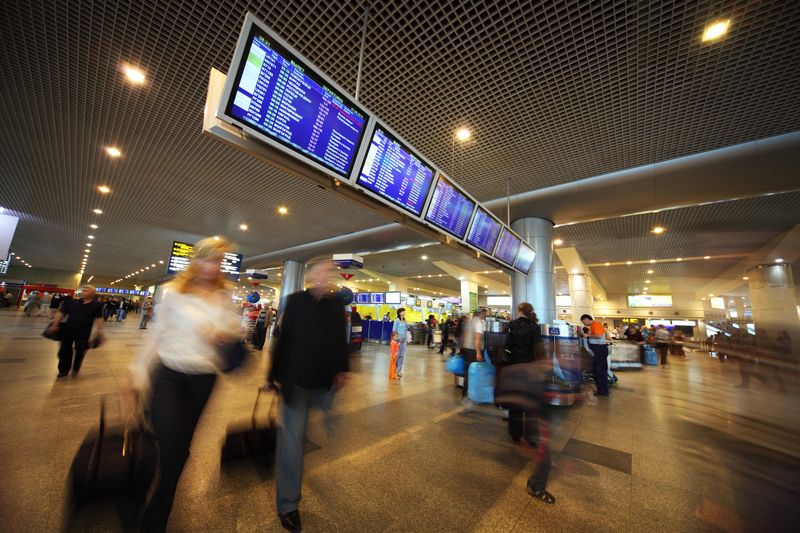
Why airports need a Private Wireless Network
12 March 2024
by Jonathan Andrews
A new e-book has been released to help airports grasp the full potential that Private Wireless Networks (PWN) offer, including more security, customisation and revenue generating potential.
Launched by the Airports Council International (ACI), the e-book produced in partnership with Microsoft, aims to help airports learn about the technology behind PWNs and their benefits – landside, terminal and airside –, explore ways to optimise operations, and improve security with AI-powered threat detection.
“A PWN is nothing more than a private network using cellular technology that we can leverage in order to enable digital transformation,” explained Jaime Sanchez, Principal Product Manager 5G Space Modern Connected Apps, Microsoft, during an ACI webinar following the launch. “They are able to really serve digital transformation.”
According to the 2022 Airport IT Insight Survey by SITA and ACI World, 43 percent of airports are already investing in PWNs, while an additional 39 percent plan to invest in research and development for that technology by 2025.
Samuel Ingalls, Principal at Barich added that PWNs have the ability to bring on new systems and new sensors in a very cost-effective manner without having to run hard cables.
“That for many decades in the airport environment was one of the biggest challenges,” he said. “I could grab power almost anywhere but it was that high bandwidth connectivity that was often missing without a very expensive cable being run to a particular location, sometimes a very remote location.”
Niko Papagiannopoulos, Senior Research Project Manager, IT and Telcos, Athens International Airport highlighted how the airport is hoping to operate as a fully functioning digital twin and how important a PWN is achieving that.
“We will be able to see every single beat of the airport and how it is working both mechanically and electrically,” he explained. “All the systems will be connected so that we can have a productive view of what is performing well and what is not. To do that you need strong and capable PWNs to cover these needs.”
The main benefits of PWNs include:
- Security: A private network allows airports to have greater control over security measures.
- Reliability: A private network ensures that the airport’s critical systems, such as flight operations, baggage handling, and passenger services, have dedicated bandwidth and reliable connectivity, reducing the risk of congestion or downtime.
- Customisation: With a private network, airports have the flexibility to tailor the network infrastructure to their specific needs.
- Compliance: A private network gives airports greater control over compliance measures and facilitates adherence to industry standards and regulations.
- Efficiency: By managing their own wireless network, airports can streamline operations and optimise resource utilisation.
- Revenue generation: Airports can offer premium Wi-Fi services to passengers, partner with businesses for targeted advertising or location-based services, and monetise data analytics insights derived from network usage patterns.
Image: Pavel Losevsky | Dreamstime.com











